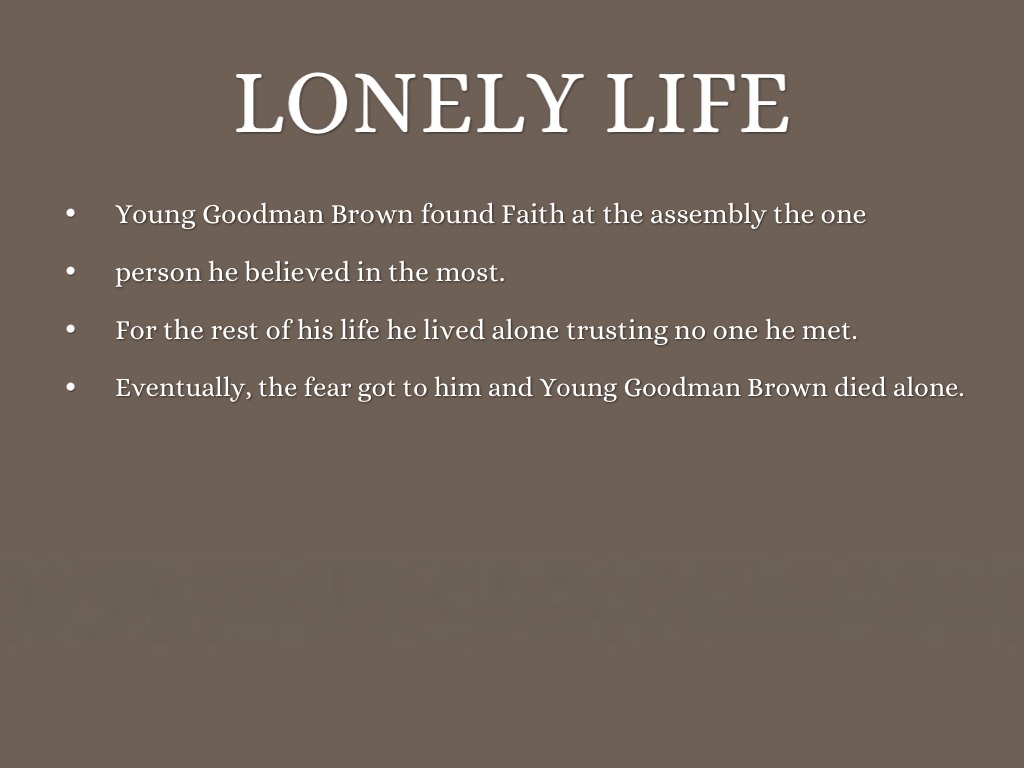Dry begging is a social behavior that has gained attention in recent years, particularly on social media platforms. This phenomenon involves individuals soliciting financial support or gifts without directly asking for them, often using emotional manipulation or subtle hints. In this article, we will delve into the intricacies of dry begging, exploring its definition, implications, and how it affects both the individuals who engage in it and the broader community. Understanding this behavior can help us navigate the complex dynamics of social interactions in today’s digital age.
The term "dry begging" refers to a subtle form of solicitation, often characterized by indirect requests for help. Unlike traditional begging, where individuals explicitly ask for money or resources, dry begging relies on emotional cues, storytelling, and the art of suggestion. This approach has become particularly prevalent among influencers and social media users who seek support for various causes or personal needs without overtly stating their requests.
In this comprehensive guide, we will break down the concept of dry begging, its psychological underpinnings, the ethical implications it raises, and practical advice for recognizing and responding to it. By the end of this article, readers will have a clearer understanding of dry begging and its role in modern social interactions.
Table of Contents
- What is Dry Begging?
- The Psychology Behind Dry Begging
- Implications of Dry Begging
- Recognizing Dry Begging
- How to Respond to Dry Begging
- Ethical Considerations of Dry Begging
- Resources for Understanding Dry Begging
- Conclusion
What is Dry Begging?
Dry begging can be defined as the act of seeking financial support or gifts through indirect means, often utilizing emotional appeals or storytelling. It is commonly seen on social media, where users may share personal struggles or hardships, implicitly inviting their audience to offer assistance without explicitly asking for it. This form of solicitation can take various shapes, including:
- Sharing personal stories of hardship
- Posting images that evoke sympathy
- Using vague language that hints at financial needs
While some may view dry begging as a legitimate way to garner support, others argue that it can be manipulative and lead to feelings of guilt among those who are unable to help.
The Psychology Behind Dry Begging
The motivations behind dry begging are complex and often rooted in psychological factors. Some of the key elements include:
- Emotional Manipulation: Individuals who engage in dry begging often rely on emotional triggers to elicit sympathy and prompt a response.
- Fear of Rejection: Many prefer dry begging over direct requests due to a fear of rejection or judgment from others.
- Community Building: Some individuals may use dry begging to foster a sense of belonging and support within their online communities.
Implications of Dry Begging
Dry begging can have significant implications for both the individuals who engage in it and the audience that responds. Some of the potential consequences include:
- Loss of Trust: Frequent dry begging may lead to a loss of credibility and trust among followers, impacting long-term relationships.
- Emotional Burden: Audiences may feel pressured to respond to appeals, leading to emotional fatigue or guilt.
- Normalization of Manipulation: As dry begging becomes more common, it may normalize manipulative behaviors in social interactions.
Recognizing Dry Begging
To effectively navigate interactions involving dry begging, it is essential to recognize the signs. Some indicators include:
- Vague references to financial struggles without direct requests
- Emotional language designed to evoke sympathy
- Frequent sharing of personal hardships in a public forum
Being aware of these signs can help individuals better understand when they are being subjected to dry begging.
How to Respond to Dry Begging
When faced with dry begging, individuals have several options for responding:
- Assess Your Feelings: Consider how the request makes you feel and whether you feel comfortable responding.
- Set Boundaries: It is perfectly acceptable to decline to engage or offer support if you feel it is not appropriate.
- Communicate Openly: If you feel comfortable, you may want to address the behavior directly and express your concerns.
Ethical Considerations of Dry Begging
Dry begging raises several ethical questions, including:
- Manipulation vs. Authenticity: Is it ethical to use emotional appeals to solicit support? Where is the line between genuine need and manipulation?
- Impact on Community: How does dry begging affect the dynamics of online communities and relationships?
- Responsibility of Influencers: Do social media influencers have a responsibility to be transparent about their financial needs?
Resources for Understanding Dry Begging
For those interested in further exploring the topic of dry begging, consider the following resources:
- Psychology Today: The Psychology Behind Dry Begging
- Forbes: What is Dry Begging and How to Recognize It
- HuffPost: Dry Begging on Social Media
Conclusion
In conclusion, dry begging is a nuanced social behavior that can have significant implications for both individuals and communities. By understanding its psychological underpinnings and recognizing its signs, we can better navigate our interactions in the digital age. As we move forward, it is essential to foster open discussions about the ethics of solicitation and support, ensuring that we create a compassionate and transparent online environment.
We encourage readers to share their thoughts on dry begging in the comments below. If you found this article insightful, consider sharing it with others or exploring more content on our site.
Thank you for reading, and we hope to see you back for more engaging discussions and information!




